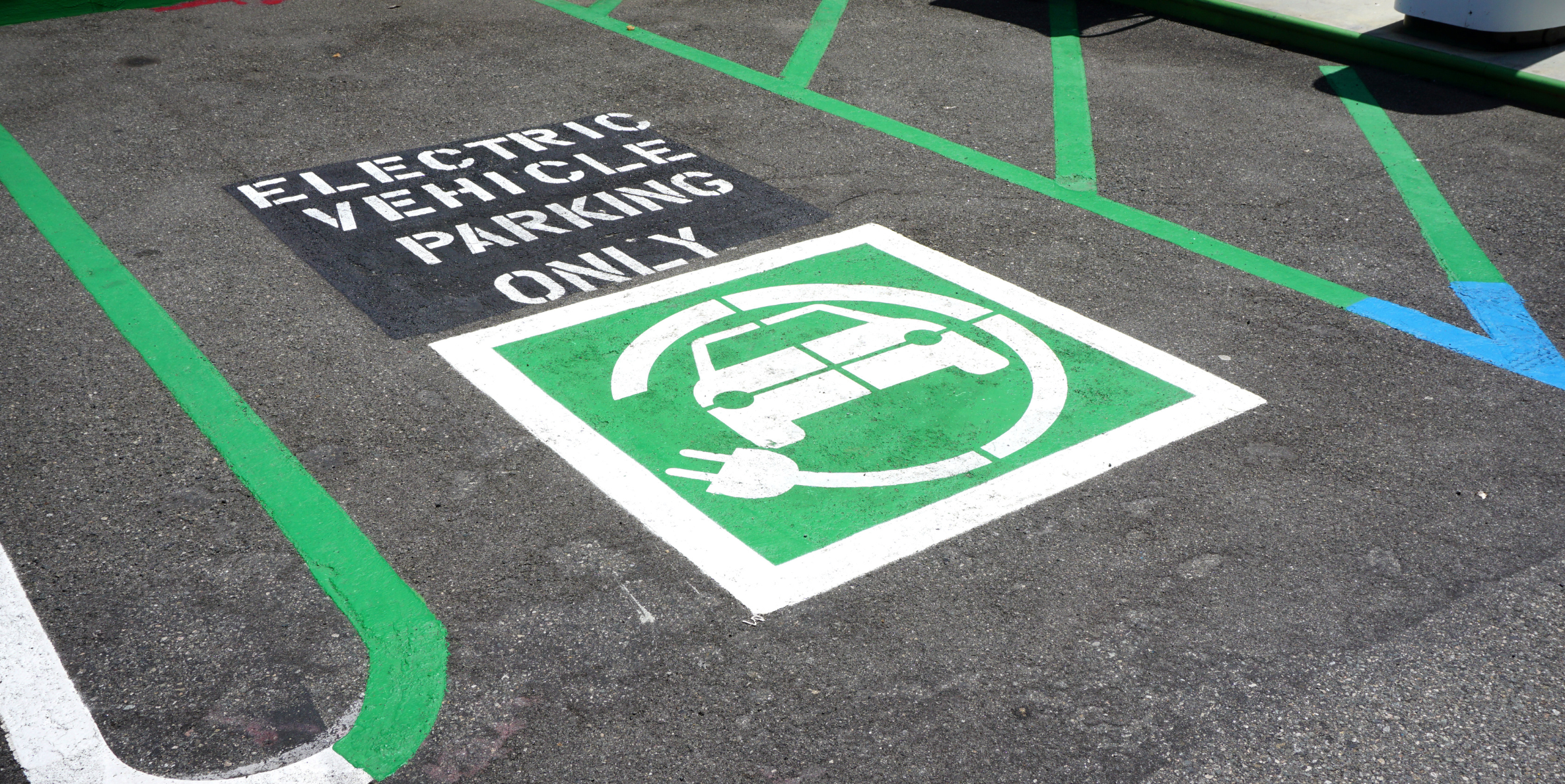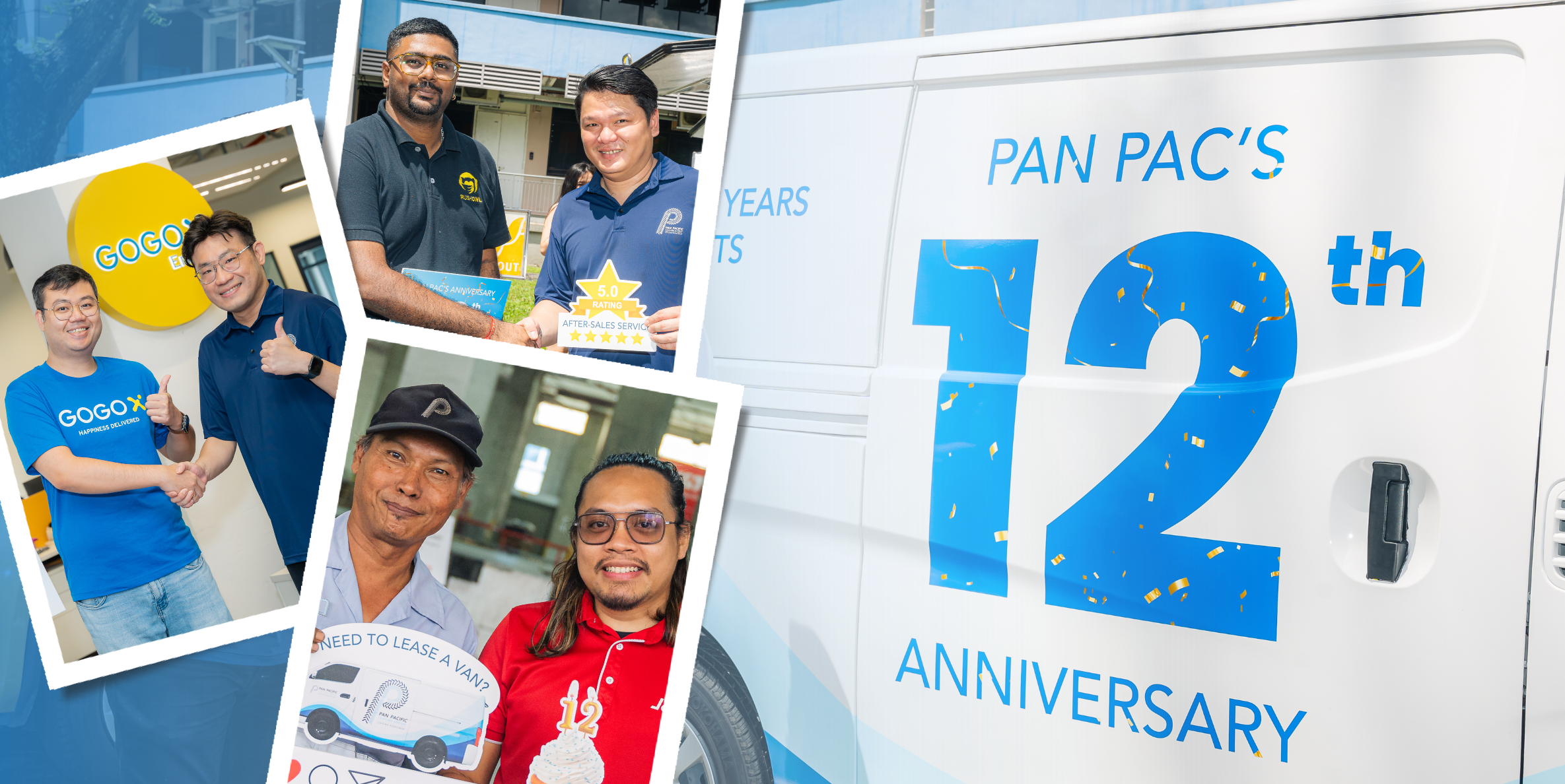Sustainability has become a cornerstone of Singapore's national strategy, with life on the island looking set to be much greener by 2030. The Singapore Green Plan outlines several key targets, with cleaner-energy models being a core component as the country shifts to an environment-friendly future.
As one of the largest commercial vehicle leasing firms in Singapore, Pan Pacific Leasing (also known as Pan Pac) is invested in ensuring a seamless transition to cleaner energy models in the local market. Given their vast network of fleet and business partners, it is only natural that they are also leading the shift from ICE(Internal Combustion Engine) vehicles to EVs.
"I think we're at a decisive moment where we must reevaluate the cost of ICE fleets. Electric vehicles significantly reduce the lifetime carbon footprint and help us build a sustainable future", says Jeremy Ng, Pan Pac's Director. “Pan Pac is committed to achieving the Green Plan objectives and helping our partners leverage economical electric vehicle leasing options that can help drive an environmentally-conscious economy.”
Why Making The Shift To EV Is Inevitable For Businesses
Business owners stand to benefit significantly from the introduction of electric vehicles, as they offer great cost savings, increased safety, and a longer lifespan.
Fuel Efficiency
As opposed to conventional gasoline vehicles, EVs convert 42% more stored energy to power the car. When equating fuel and energy prices, EVs can save vehicle owners S$11.71 per 100km (ICE energy cost per 100km is S$22 while EVs are at S$10.29 only). For a daily average of 150km, those savings go up to S$17.58 or approximately S$6,400 per year, as fuel prices increase, efficiency is key to lowering fleet costs.
Affordable Maintenance
While there are a few upfront costs involved with EVs, such as a higher purchase price and charging station outfitting costs, the long-term savings offset these by a significant amount.
EV charging is cheaper than gassing up your car. Additionally, the repair costs for an EV are also considerably lower than that of ICE vehicles. EV automobiles are designed differently, consisting of only 20 or so moving parts in the engine. Conversely, ICE vehicles consist of more than 2,000 parts that may break down - resulting in a higher probability of requiring repairs.
Also, EV battery warranties are government mandated to be around 8 years or 100,000 miles. Conversely, the ICE vehicle drivetrain has a warranty of 5 years or 60,000 miles. This means extended lifespan and durability for EV vehicles.




